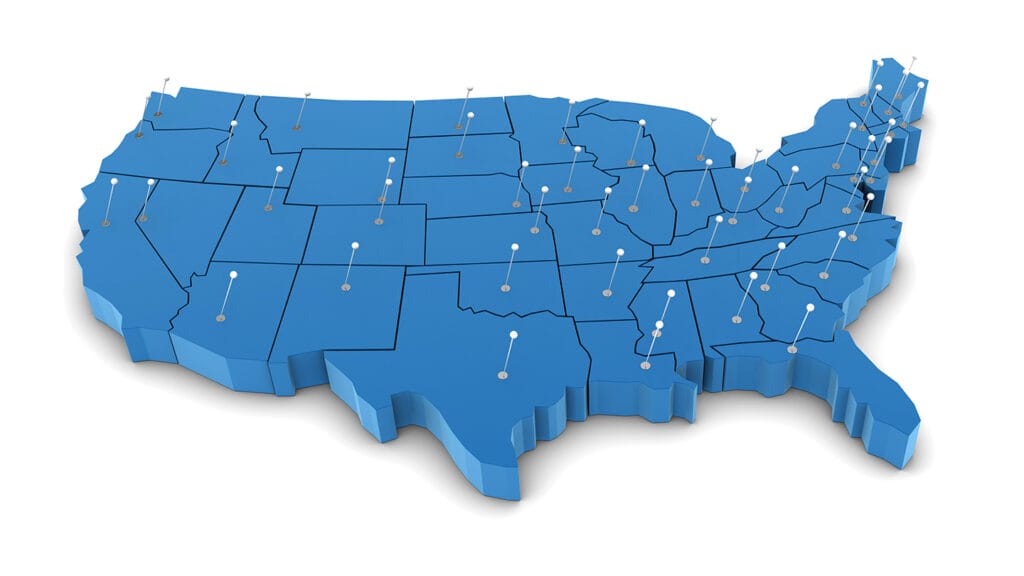
Incontinence care is a critical part of home caregiving, and access to high-quality products can have an impact on caregivers’ workload as well as patients’ health, according to a new study.
Researchers found that 93% of surveyed aides considered these products to be important to the ease and efficiency of their jobs, with 81% saying that well-performing incontinence products are very important to their patients’ wellbeing. The study, which surveyed nearly 600 home care, hospice and palliative care workers, was commissioned by incontinence product provider Tranquility.
The vast majority of respondents described themselves as being directly involved in patients’ incontinence care regularly, noting that about half, or more, of their time at work is spent managing patients’ incontinence needs. High-quality products, therefore, can allow home care aides to focus on other caregiving tasks and improve their overall job satisfaction, according to the study. These benefits can also “produce measurable impacts on turnover and retention,” Bob Recker, senior manager of content marketing at Tranquility, noted in an email to McKnight’s Home Care Daily Pulse.
Quality incontinence products are most important for patients’ physical health by protecting the skin from moisture and potential breakdown dangers. But they also can affect patients’ mental health, the researchers found. Effective incontinence care was found to have an impact on patients’ overall mood, sleep quality and depression level by the majority of the study’s respondents.
The most important features of these products — which include adult briefs, protective underwear, bladder control pads or catheters — are their absorption and quickness of drying, followed by their fit, leakage control, and odor-containing properties. Some participants reported that their patients frequently or always experienced issues with odor or leakage stemming from incontinence.
Experts have recently reported that these products can be a significant budgeting factor, forcing many to choose between adult briefs and other necessities. A July study revealed that 70% of individuals that use adult incontinence products struggle to afford the items they need, resulting in frequent misuse or overuse of their incontinence supplies.



